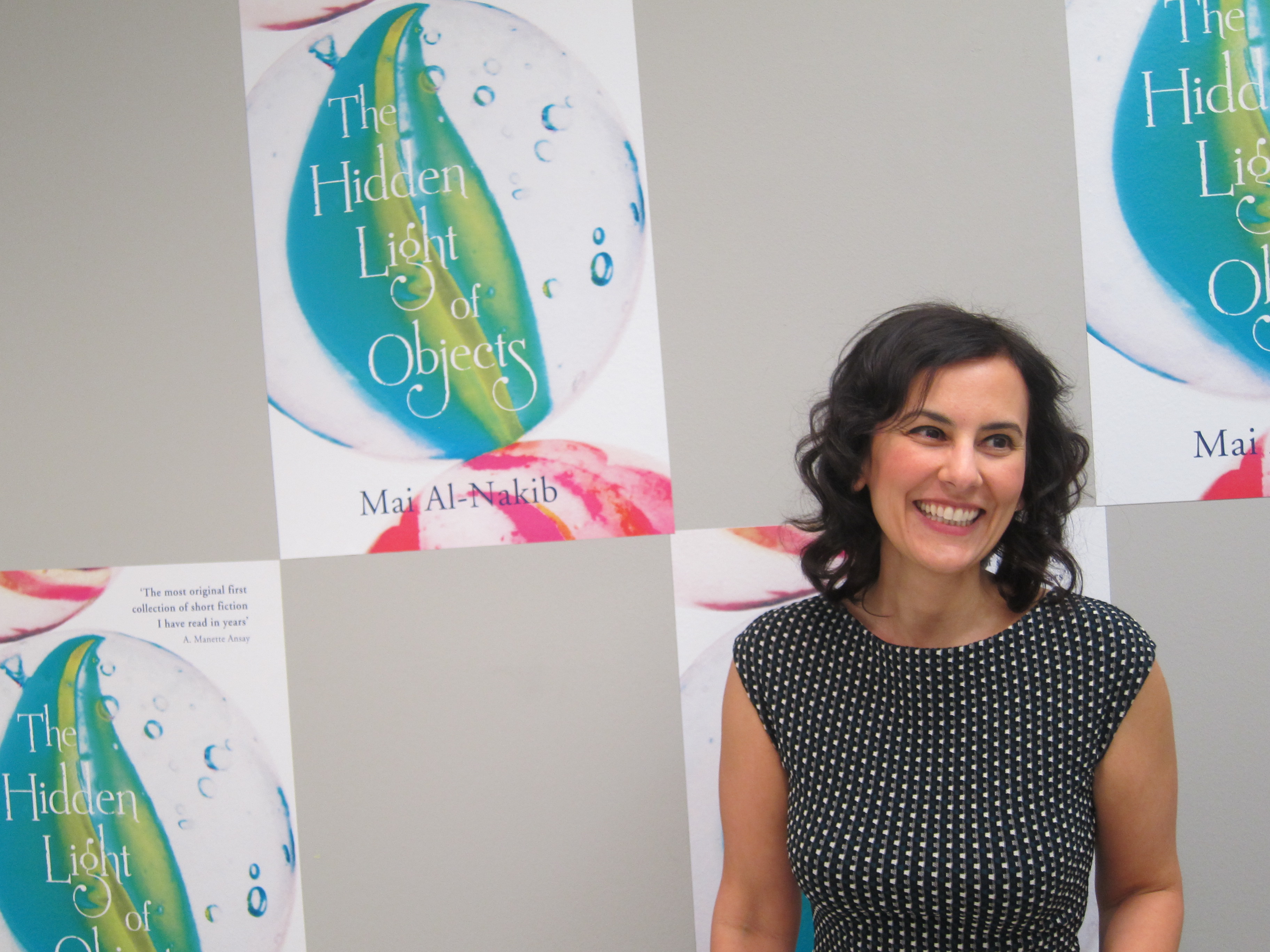From a Syrian biography to a Nigerian Nobel Laureate’s novel almost 50 years since his last, there’s plenty to look out for
:quality(70):focal(4585x985:4595x995)/cloudfront-eu-central-1.images.arcpublishing.com/thenational/NYYIETMHGBC3VHJWPUGCHXKKRI.jpg)
With focus on summer reads drawing to a close, September is often packed with exciting new books – published with an eye on end-of-year lists and the gift-giving season. And 2021 is no different. The next four weeks are packed with new works from authors that coexist on literary prize shortlists and bestseller charts, with novels from Normal People’s Sally Rooney and double Pulitzer Prize-winner Colson Whitehead in the offering.
Elsewhere, there’s a long-overdue return to fiction from Wole Soyinka, while Richard Powers’ Booker-longlisted novel is finally available for people other than judges to read. There’s a fascinating political and social context to the six books we’ve chosen, too; the Trump era and climate crisis clearly at the forefront of the minds of these great chroniclers of our times.
‘Hope Not Fear’ by Hassan Akkad (Bluebird, September 2)
:quality(70)/cloudfront-eu-central-1.images.arcpublishing.com/thenational/ESKPIPYR6ZBIFOJ3S33GOPNNNQ.jpeg)
Hassan Akkad has an incredible story – in many ways the story of our times. In 2015, he had to flee Syria after he was tortured by the regime, and the mobile phone footage of his long and dangerous journey to Britain clinging to a sinking dinghy, which became the documentary Exodus: Our Journey to Europe, won him a Bafta. READ MORE:Why have Margaret Atwood and Tsitsi Dangarembga written books you can’t read until 2114?
Finding work as a cleaner at a hospital in London, he then got his camera phone out again in the first months of Covid-19, pleading with the British government to give immigrant NHS workers the same rights as everyone else. It directly changed policy and Dua Lipa picked him as her national hero in a GQmagazine article.
So his memoir is timely and necessary, unflinchingly shining a light on the parts of society we’d rather not see, but celebrating its capacity for good, too. As he says himself: “I’ve experienced the best and worst of humanity. I’ve been detained and beaten, and welcomed and respected.”
‘Beautiful World Where Are You’ by Sally Rooney (Faber, September 7)
:quality(70)/cloudfront-eu-central-1.images.arcpublishing.com/thenational/J2DRCFDC3VHKJKH3U5GFSUSHBY.jpeg)
Surely the most eagerly awaited novel this month, Sally Rooney’s follow-up to the magnificent, bestselling Normal People might initially sound familiar, given it features two young people trying to make sense of life in Ireland. But where Connell and Marianne in Normal People were working their way through university and their feelings for one other, in Beautiful World Where Are You, Alice has already made her name as a novelist and Eileen works at a Dublin literary magazine.
They are less consumed by themselves and their romantic entanglements (although these are also discussed at length) and more aware of the world, the climate crisis and political upheaval. Largely presented as a series of long emails between Alice and Eileen, it’s got all the Rooney hallmarks we’ve come to enjoy, but there’s a contemporary bite to this new offering, which is refreshingly new.
‘The Earthspinner’ by Anuradha Roy (Mountain Leopard Press, September 9)
:quality(70)/cloudfront-eu-central-1.images.arcpublishing.com/thenational/PCJZR4NHMZCBZLUHRUDGGZNDME.jpeg)
Award-winning Indian novelist Anuradha Roy returns with another beautifully perceptive novel about the intersection between East and West, tradition and modernity.
Sara seeks sanctuary from an isolated existence at a British university by returning to a skill she learnt as a child in India; pottery. She remembers doing so at the hand of Elango, a Hindu teacher whose relationship with a Muslim woman stirs up issues in their small Indian community, religious extremism bringing violence to the village. The tipping point arrives with a terracotta horse that it becomes Elango’s mission to create, with its Arabic calligraphy being both meditative and – sadly in this context – confrontational.
Moving between Britain and India, this is a quiet but powerful novel that meanders with a reason; it becomes a clarion call for the importance of creativity and art amid a world that all too often finds destruction an easier option.
‘Harlem Shuffle’ by Colson Whitehead (Little, Brown and Company, September 14)
:quality(70)/cloudfront-eu-central-1.images.arcpublishing.com/thenational/2Q4OAZO6CZDHHKOLVE5FN5AWTI.jpeg)
Colson Whitehead won back-to-back Pulitzer Prizes for Fiction for his previous two books (The Underground Railroad and The Nickel Boys); to make it three would be incredible, but unsurprising, given the remarkable atmosphere and period detail of Harlem Shuffle.
Whitehead takes us back to 1960s Harlem, and a seemingly straight-laced furniture salesman (Ray, the son of a hoodlum) who, in his desire to make ends meet for his family, gets mixed up in a heist that goes badly wrong.
That’s only the beginning of Ray’s travails as he comes into contact with a colourful cast of New York characters – bent cops, Harlem lowlifes and crime lords. Which will win out, Ray the crook, or Ray the family man and furniture salesman? With this novel, which has plenty to say about race, class, Harlem and the power structures that affect us all, Whitehead is becoming one of the finest authors of our generation.
‘Bewilderment’ by Richard Powers (Cornerstone, September 21)
:quality(70)/cloudfront-eu-central-1.images.arcpublishing.com/thenational/7RRV4O2EFRGUTCH2WB4VVUUOAE.jpeg)
A Booker longlisted novel yet to be published, Bewilderment may go one better than Powers’ previous novel, The Overstory, which made the shortlist in 2018, and led to Powers becoming widely regarded as having kick-started the ‘cli-fi’, climate fiction, genre.
His new offering certainly continues his interest in how climate change will affect our world. Astrobiologist Theo studies beings beyond our atmosphere; his 9-year-old son, Robin, is deeply affected by the endangered beings on our own planet.
As they both try to process the death of Theo’s partner and Robin’s mother, their relationship deepens and expands beyond the realms of reality. In theoretically transporting his troubled but idealistic son to the worlds he imagines, Theo finds refuge away from a painful reality, a country battling with a multitude of seemingly unsolvable issues and ideologies. It’s a novel about the soothing power of the imagination.
‘Chronicles from the Land of the Happiest People on Earth’ by Wole Soyinka (Bloomsbury, September 28)
:quality(70)/cloudfront-eu-central-1.images.arcpublishing.com/thenational/7ZS37VUZ2RHQTJLCNUGVMRUNVA.jpeg)
Nigerian Nobel Laureate Wole Soyinka is a titan of literature, a playwright and poet of global importance. Yet he hasn’t written a novel since 1973’s Season of Anomy. So almost 50 years on, there’s huge excitement about Chronicles From the Land of the Happiest People on Earth.
Set in an imaginary Nigeria remarkably close to reality, surgeon Dr Menka is horrified to discover that body parts from his hospital are being sold for use in ritualistic practices. He shares his fears with an old friend – and Yoruba royal – yet the whistle-blowing never happens, and danger is closer than they realise.
If that sounds dark then Soyinka revels in the possibilities of satire in a novel that is profound and insightful about a country he has fallen in and out of love with – and foul of – for decades. Such wit leavens a plot that is as complex as the multitude of competing, corrupting influences he depicts in Nigeria.


